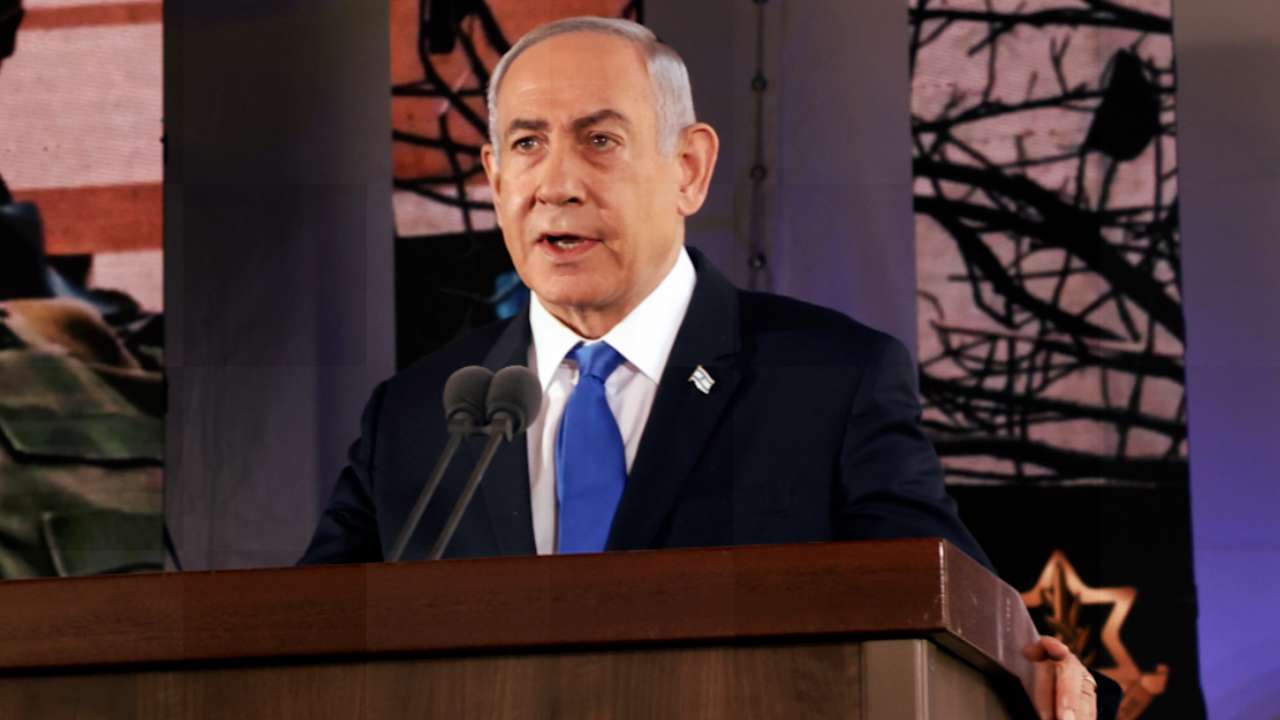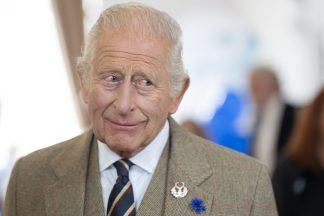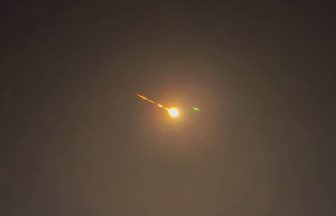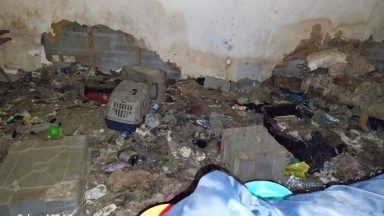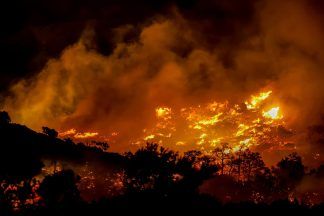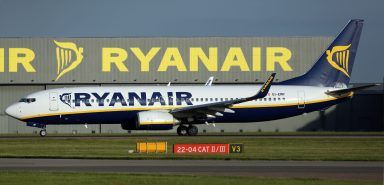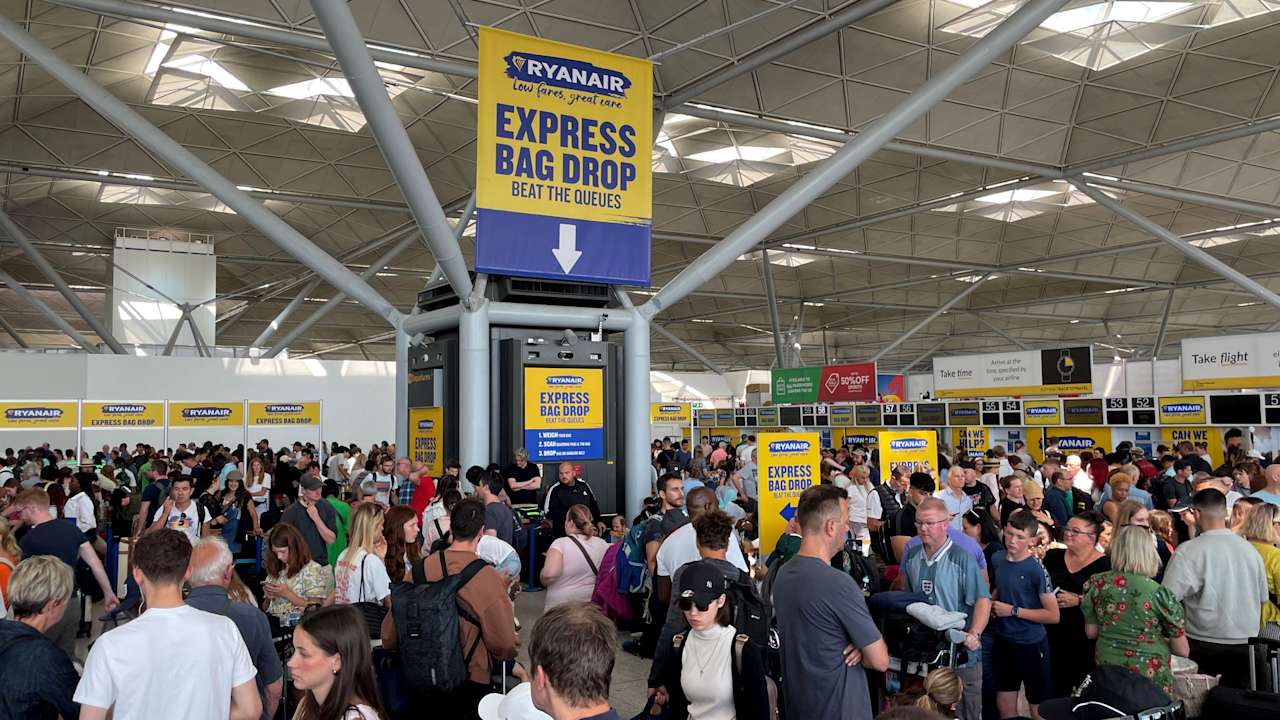Israel’s Prime Minister will present a ceasefire deal with Hezbollah to the Israeli cabinet, as ITV News’ Senior International Correspondent John Irvine reports
Israeli Prime Minister Benjamin Netanyahu said he would recommend his cabinet to adopt a US-brokered ceasefire agreement with Hezbollah.
It comes after the Israeli security cabinet voted to approve a ceasefire deal in Lebanon earlier on Tuesday.
In a televised statement, Netanyahu said he would now present the ceasefire deal to his full cabinet for approval, setting the stage for an end to nearly 14 months of fighting.
The proposed truce would see a 60-day halt in fighting to allow Hezbollah militants to head north.
Israel’s military forces would move south and eventually withdraw from Lebanon entirely.
South Lebanon will become a border buffer zone with UN peacekeepers and Lebanese troops deployed there, while Hezbollah will have to remain North of the Litani River.
Israel says it will be allowed to retain its right to strike if Hezbollah breaches the terms of the deal.
Netanyahu said Hezbollah was “no longer the same” after Israel’s offensive, and gave three main reasons why he is now pursuing a ceasefire.
First, to allow Israel to “focus on the Iranian threat,” Netanyahu said.
Second, to refresh the country’s “military forces and equipment,” which he said had been depleted in part by “delays” in the supply of weapons. And third, to isolate Hamas in Gaza, he said.
It is believed the ceasefire will come into effect from 8am (GMT) on Wednesday.
US President Joe Biden and French President Emmanuel Macron are expected to make statements later on Tuesday, ITV News understands.
Israel and Lebanon’s militant group Hezbollah have been trading cross-border fire almost daily since the day after Hamas attacked Israel on October 7, 2023.
Two months ago, Israel escalated its campaign on Lebanon, issuing widespread bombardment and then a subsequent ground invasion.
At least 3,500 people have been killed in Lebanon, many of them civilians, according to the country’s health ministry.
More than 70 have been killed in Israel, over 40 of them civilians. In addition, more than 50 Israeli soldiers have been killed in the ground offensive.
Hundreds of thousands of people on both sides of the border have been evacuated from their homes and uprooted their daily lives in the search for safety.
Why have ceasefire talks taken so long?
Despite the immense human toll that the war has taken, the path to resolution has been marred by stalemate talks.
For over a year, mediators from across the world have attempted to wind down the regional conflict, but negotiations have regularly been stalled, with the warring parties showing no signs of backing down.
The international community has regularly pushed for the implementation of UN Security Council Resolution 1701, which was passed in 2006 to end a month-long war between Israel and Hezbollah but was never fully enacted.
Hezbollah never ended its presence in southern Lebanon, while Lebanon said Israel regularly violated its airspace and occupied small patches of its territory.
One of the main points of contention between Lebanon and Israel has been the understanding of the Resolution 1707.
It was previously reported by two Western diplomats that Israel was asking for more guarantees to ensure that Hezbollah’s weapons are removed from the border area.
Israeli officials, concerned about the possibility of Hezbollah launching the kind of attack that Hamas carried out from Gaza into southern Israel, said they would not agree to a ceasefire deal that doesn’t explicitly grant them freedom to strike in Lebanon if they believe Hezbollah is violating it.
Lebanese officials have said agreeing to such a deal would violate Lebanon’s sovereignty. Hezbollah leader Naim Kassem has said the militant group would not agree to a deal that does not entail a “complete and comprehensive end to the aggression” and does not protect Lebanon’s sovereignty.
Lebanon and Israel have also disagreed over which countries would sit on the international committee overseeing implementation of the deal and Resolution 1701.
What does the ceasefire mean for Gaza and the rest of the Middle East?
A ceasefire between Israel and Hezbollah, the strongest of Iran’s armed proxies, is expected to significantly calm regional tensions that have led to fears of war between Israel and Iran directly.
Hezbollah had long insisted that it would not agree to a ceasefire until the war in Gaza ends, but it has now dropped that condition.
There has been no direct recognition of how the Hezbollah-Israel ceasefire would affect Gaza.
Follow STV News on WhatsApp
Scan the QR code on your mobile device for all the latest news from around the country


